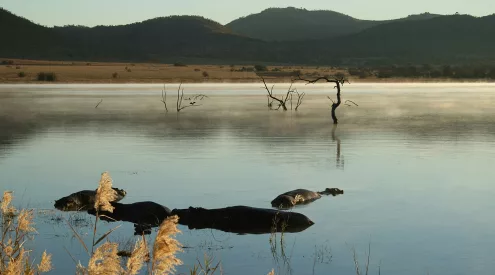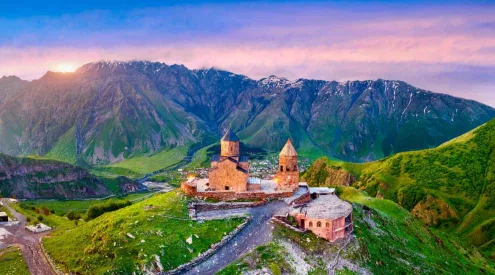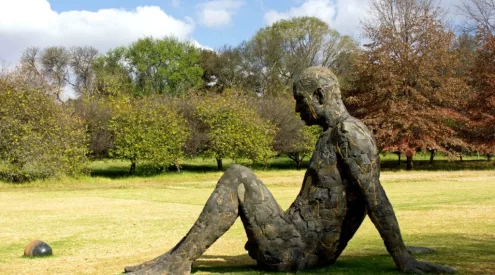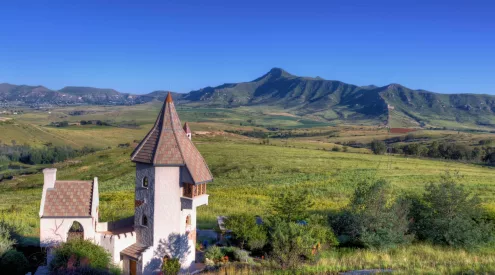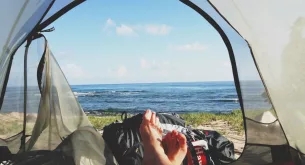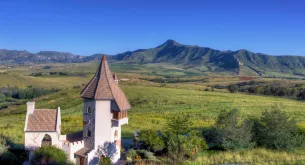Hiking in winter can be a breathtaking experience, offering serene landscapes and a unique perspective on nature. With cooler temperatures and fewer crowds, it is indeed an ideal time to explore the great outdoors.
However, the cold weather can also present specific challenges that require careful preparation and awareness.
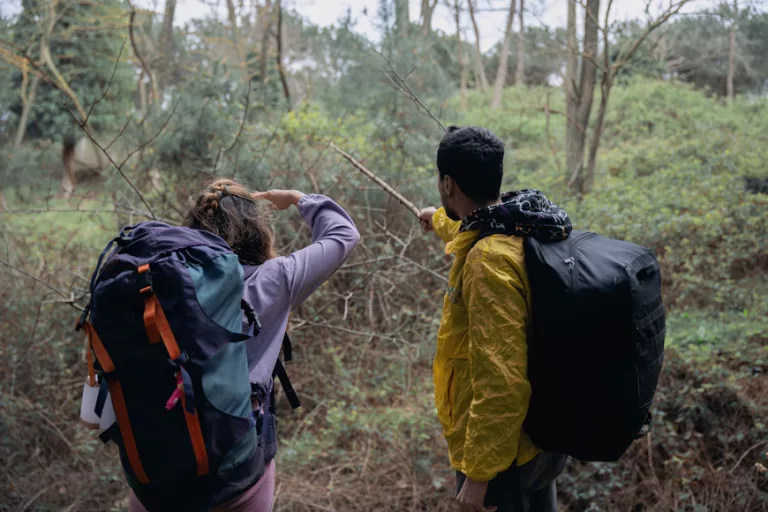
Picture: Unsplash/Faruk Tokluoğlu
Here are some essential safety tips to ensure a safe and enjoyable winter hiking adventure:
Dress appropriately and in layers
When it comes to winter hiking, layering is key. Start with a moisture-wicking base layer to keep sweat away from your skin.
You can then add an insulating layer to retain body heat, and finish with a waterproof and windproof outer layer.
Do not forget a warm hat, gloves, as well as sturdy and waterproof hiking boots.
Be sure to check the weather forecast
Before you head out, always check the weather forecast for the area you plan to hike.
South African winters can be unpredictable, with sudden weather changes in some parts. Be prepared for rain, wind and chilly temperatures, especially in mountainous regions. If severe weather is predicted, it is best to consider postponing your hike.
Stay hydrated
During the colder months, it is easy to forget to drink water. However, staying hydrated remains crucial as dehydration can still occur in winter.
Be sure to carry enough water for your hike, and consider using insulated bottles to prevent your water from getting too cold.
Be intentional about planning your route
It helps to choose a hiking trail that matches your skill level and experience. Familiarize yourself with the route, including any potential hazards like steep inclines or rocky terrain.
For your safety, it is important to inform someone about your hiking plans. Include essential information such as your expected return time. Carrying a map or GPS device can also make your journey easier as you navigate your route.
ALSO READ: How to choose the right hiking trail for your fitness level

Be careful of slippery surfaces
Although South Africa doesn’t experience large amounts of snow like some countries around the world, winter rains can create muddy and slippery conditions on trails.
Be cautious when navigating wet or uneven surfaces, and consider using trekking poles for added stability. If the trail is too muddy, it may be best to turn back in order to ensure your safety and to avoid damaging the environment.
Safety in numbers
A winter hike with great company brings warmth to the soul. Hike with a friend or in a group. This is not only safer, but it also makes for a more enjoyable experience. Plus, having someone with you can be invaluable in case of an emergency.
Know your limits
Ultimately, winter hiking can be physically demanding, especially with cooler temperatures.
Listen to your body and know when to turn back. If you start to feel fatigued or unwell, it’s better to cut your hike short than to risk injury or exhaustion.
Follow us on social media for more travel news, inspiration, and guides. You can also tag us to be featured.
TikTok | Instagram | Facebook | Twitter
ALSO READ: Safety Tips for Urban Hiking


